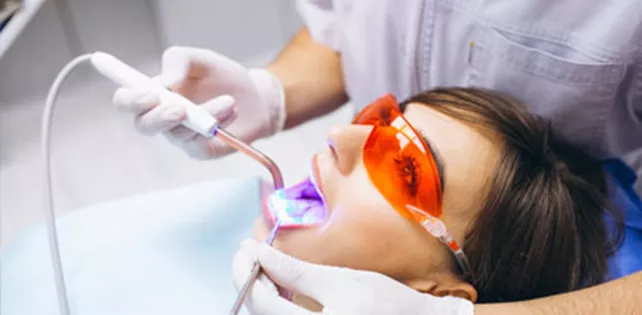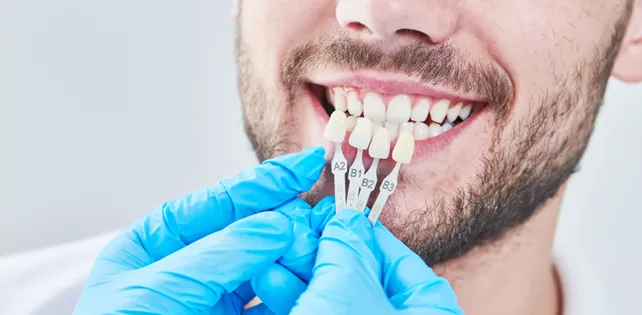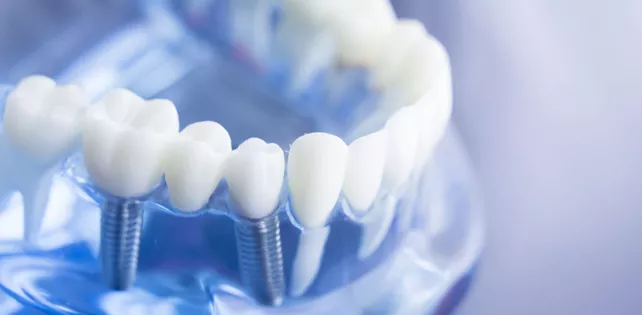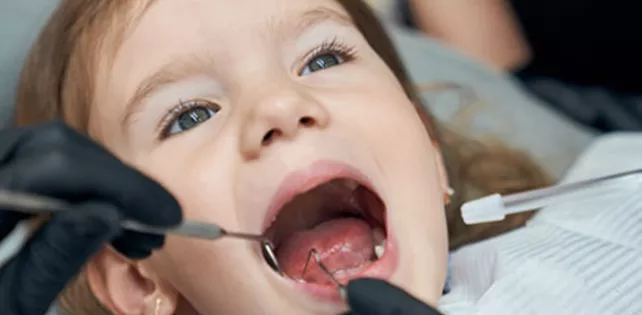Should wisdom teeth be extracted?
Should Wisdom Teeth Be Extracted? Understanding the Importance of Wisdom Tooth Removal
Wisdom teeth, also known as third molars or buried teeth, do not erupt in everyone. Typically, they emerge in late adolescence or early adulthood, usually between ages 17 and 25. These teeth appear at the very back of the mouth behind the second molars and often cause discomfort or pain during eruption. However, not everyone experiences wisdom teeth, and the timing of their emergence can vary widely.
In some individuals, wisdom teeth come out in their early 20s, while in others, they may appear much later or remain impacted beneath the gums. Due to their problematic and painful nature, wisdom tooth extraction is sometimes necessary and even mandatory for oral health.
Why Are Wisdom Teeth Removed?
While wisdom teeth can remain healthy and functional for some people throughout life, many require surgical removal for various reasons. The most common indications for wisdom tooth extraction include:
- Lack of space: The jaw may not have enough room to accommodate these extra molars, causing crowding.
- Pressure on adjacent teeth: Wisdom teeth can push neighboring teeth out of alignment, damaging their roots or crowns.
- Pain and discomfort: Emerging wisdom teeth can cause persistent pain or swelling in the jaw and gums.
- Impaction: Wisdom teeth trapped beneath the gum line can lead to infections and cyst formation.
- Decay and gum disease: Their location makes them difficult to clean, increasing the risk of cavities and periodontal disease.
- Infection risk: Impacted or partially erupted wisdom teeth can harbor bacteria leading to gum infections (pericoronitis).
These factors often necessitate wisdom tooth removal to prevent further complications and preserve oral health.
How Are Wisdom Teeth Extracted?
Wisdom tooth extraction is generally more complex than removing other teeth. The procedure is usually performed by oral and maxillofacial surgeons who specialize in surgical tooth extractions. The difficulty of extraction depends on the tooth’s position, root development, and proximity to vital anatomical structures.
There are two main types of extractions:
- Simple extraction: When the wisdom tooth has fully erupted and is accessible, it can be removed easily under local anesthesia.
- Surgical extraction: For impacted or partially erupted wisdom teeth, surgery is required. The gum is cut open, and sometimes the tooth is divided into sections for removal. The site is then stitched to promote healing.
Local anesthesia is administered to numb the area, so the patient does not experience pain during the procedure. Sedation or general anesthesia may also be used in complex cases or for anxious patients.
When Should Wisdom Teeth Be Checked?
It is important not to wait for wisdom teeth to cause pain or other problems before having them examined. Experts recommend that individuals begin dental check-ups around age 16 to monitor wisdom tooth development and intervene early if necessary.
Early evaluation allows dentists to:
- Assess the position and growth of wisdom teeth via X-rays
- Detect potential impactions or risks
- Plan extractions at the optimal time to reduce complications
- Prevent damage to neighboring teeth
Studies show that wisdom teeth removed at an earlier stage often result in less postoperative discomfort and quicker recovery. Therefore, regular dental visits and preventive care are essential for managing wisdom teeth effectively.
Risks of Not Removing Problematic Wisdom Teeth
If problematic wisdom teeth are left untreated, they can lead to various oral health issues such as:
- Infections and abscesses causing severe pain
- Cysts or tumors developing around impacted teeth
- Damage to adjacent teeth, including root resorption
- Development of gum disease and bone loss in the area
- Chronic jaw pain or temporomandibular joint (TMJ) disorders
Prompt removal of wisdom teeth when indicated can prevent these complications and protect overall oral health.
Aftercare Following Wisdom Tooth Extraction
Post-extraction care is vital to promote healing and avoid complications such as dry socket or infection. Patients are advised to:
- Avoid vigorous rinsing or spitting for the first 24 hours
- Use ice packs to reduce swelling
- Take prescribed pain medication and antibiotics as directed
- Eat soft foods and avoid hot or spicy meals
- Maintain oral hygiene gently around the extraction site
Follow-up visits help ensure proper healing and address any concerns promptly.











